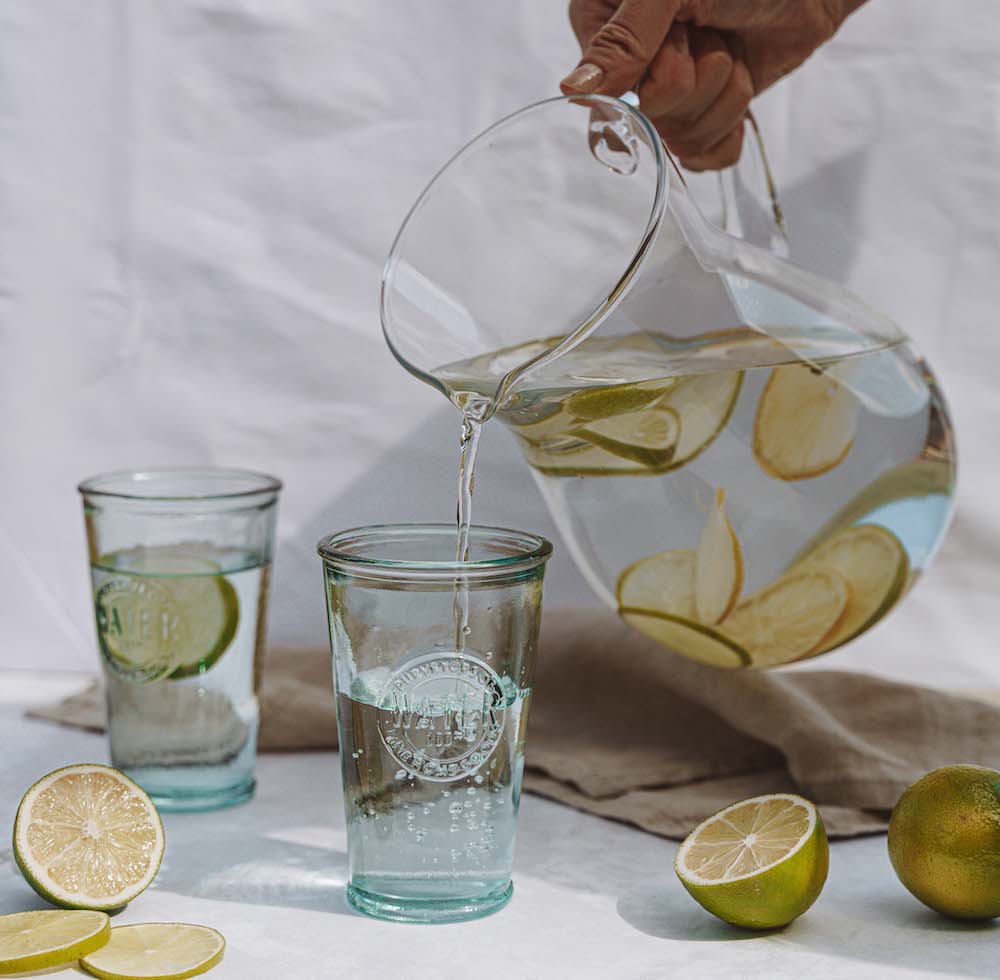Do you know what iron does in your body and why it is important? Lots of people have heard of iron but don’t realise how important it is or how our periods can affect our iron levels. Today we are going to talk about why we need to replenish our iron levels after a period.
What is iron and why do I need it?
Iron is a metal. I know, I know, seems like a strange thing to have in our body! But it is very important for our bodies to function normally.
We’re just going to have a really quick biology lesson – feel free to skip this if you already know it!
Our bodies need iron to make haemoglobin. Haemoglobin is the part of our red blood cells that carry oxygen around our body. No haemoglobin = no oxygen getting around our body = bad news. Our bodies can’t work for long without oxygen.
The haemoglobin level is what people are talking about when they say they have a “low blood count” or are anaemic. This means their body’s ability to carry oxygen is low. There can be lots of reasons for this but iron deficiency (being low in iron) is a common one for people who have periods.
Having slightly low haemoglobin is not going to kill you, but it can make life a bit more exhausting than it needs to be.
Anaemia (low haemoglobin)
Anaemia is the medical term for having low haemoglobin. This can cause you to feel tired and lethargic. It can also make it harder to exercise, you might feel breathless walking upstairs or you might feel dizzy when you stand up.
There are a lot of different causes of anaemia and it is important to see a doctor to find the cause. Just in case it is something that needs fixing.
What does iron have to do with my periods?
When we have a period we are bleeding (i.e. losing blood). In people who have periods, this is happening every month. Whenever we lose blood, we also lose iron.
Anaemia is much more common in pre-menopausal women than in men or post-menopausal women because of the regular blood loss associated with having periods.
Obviously having periods is normal. And there are many people whose bodies keep their iron levels up just fine. But some people need to be a bit more careful and put a bit more thought into maintaining their iron levels.
The heavier your periods are, the more important it is to make sure you are keeping your iron levels up.
How can I increase my iron levels after my periods?
The easiest way to increase your iron is by eating iron-rich foods.
- Liver
- Avoid eating liver if you are pregnant
- Red meat
- Beans
- g. red kidney beans, edamame beans and chickpeas
- Nuts
- Dried fruit
- Breakfast cereals that have iron added
- Soybean flour
But hang on, I am vegetarian!
That’s ok. There are a lot of vegetarian foods that are rich in iron.
It is important to know though that the iron in plant-based foods is in a different form than in meta products. This means that some people’s bodies have a bit more trouble processing the iron and turning it into a useful form. This doesn’t apply to everyone though and there are plenty of people who don’t eat meat who have no trouble with their iron levels.
If you aren’t able to get enough iron from your diet then there are iron supplements that you can take. Most of these can be bought from a pharmacy or supermarket but if you need stronger doses of iron then your doctor can help.
Vitamin C and iron
Vitamin C increases our bodies’ ability to absorb iron. Eating foods rich in iron at the same time as foods rich in vitamin C can increase the absorption of iron.
Red wine, tea and coffee can have the opposite effect and decrease iron absorption from your food.
Can I have too much iron?
Yes, too much iron can also cause harm.
Some people have a condition called haemochromatosis where their bodies cannot get rid of extra iron properly.
If you don’t have haemochromotosis it is very unlikely that you would overdose on iron from your diet. Taking too many very high dose iron supplements could do it though.






